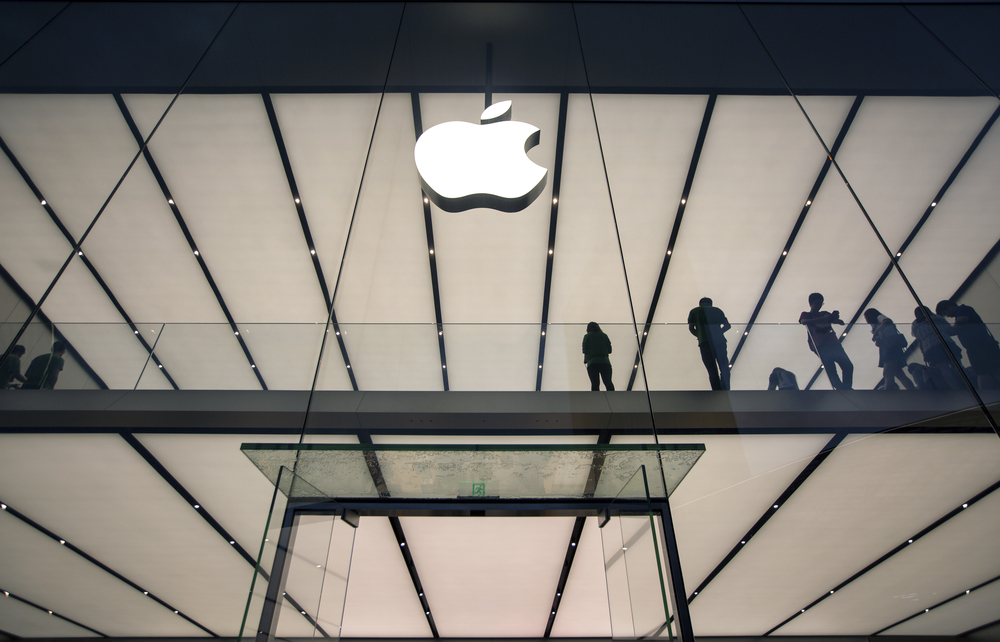As developers across the globe await the start of Apple’s Worldwide Developers Conference on June 22, a group of young programmers will soon find out which of them won the tech giant’s first coding competition for kids.
The Swift Student Challenge is a virtual competition designed to help kids learn how to code using Apple’s five-year-old Swift programming language. The competition is based around Swift Playgrounds, an educational app introduced in 2016 to teach beginners the basics of coding.
To move an animated cyclops character through an increasingly complicated set of digital mazes, players have to make use of the programming concepts they picked up along the way. Once they finish the lessons, kids can build their own mini projects in the app using Swift.
Jacob Prohaska, a 12-year-old student at Renaissance College in Hong Kong, is one of the youngest entrants in Apple’s new competition. An avid Dungeons & Dragons player, he said he has always loved creating his own games and wanted a way to digitize them. Playgrounds became his starting point.
“In around Year 3 [at school], I found out about this app called Swift Playgrounds. And I had a lot of fun tinkering with it, trying out the different features and just having fun with it,” said Prohaska as he opened Playgrounds on his iPad to explain the fundamentals of Swift coding to adult noobs like me.
Working through levels in Playgrounds requires a decent amount of patience and concentration, something you don’t always find in kids his age—except maybe when they’re playing Fortnite or Minecraft. I asked Prohaska to show me a stage that he had never worked on. For around 10 minutes, his mind was solely focused on solving the puzzle in front of him and explaining to me his thought process.
Coding in Playgrounds proved challenging. Prohaska said he spent hours a day coding in the app while he was working on his contest submission, though he “calmed down with the coding” after that. But he also said it’s why he enjoys it so much.
“I really love how after you’ve worked really hard on a project, you see that it just works,” he explained. “I’ve had many moments when I think my code is perfect and there’ve been problems in it. And that made me a little frustrated… [but] I’ve found many strategies to overcome problems not just in code, but also in real life.”
Playgrounds might be a fun way to welcome kids into the world of programming, but it does have its limitations. You can build a project within Playgrounds, but the project isn’t a standalone app. For the Swift Student Challenge, Prohaska submitted a Blackjack-like card game where a player wins if they become the first to accumulate 20 points worth of cards. This game exists solely within the realm of Playgrounds—you can’t play it outside the app.
For anyone who wants to build a standalone app, they’ll have to move from Playgrounds to Xcode—the full suite of tools that allows people to build real software for the operating systems running on iPhone, Mac, Apple Watch, and other Apple devices. That’s far more challenging than completing simple tasks in Playgrounds. And in any case, if you want to go beyond Apple’s ecosystem, you’ll have to go elsewhere to learn languages like Python and JavaScript.
It was a challenge that Prohaska faced when he was looking for ideas for his contest submission.
“I was really, really stuck and I did not know where to start. I mean this was after I used Swift Playgrounds and I wanted to move on to Xcode, but I did not know how to get the help I wanted,” he said.
He ended up taking online classes from an instructor he found on the internet. It’s a reminder that it likely takes more than just an app and a (USD 330) iPad for coding beginners to really get a firm grasp of the skills needed to become a full-fledged programmer.
Still, Prohaska suggests that Playgrounds can serve as a good starting point for other kids who want to dabble in programming.
“My advice is to start small because if you jump into a big project, then it can be very confusing and stressful,” he said. “I think that the way I approached it was a good way because I started small using Swift Playgrounds, and I learned all the basics.”
The result of the Swift Student Challenge will be announced on June 16, Pacific Time. Apple says the winners will receive “an exclusive WWDC20 jacket and pin set.”
